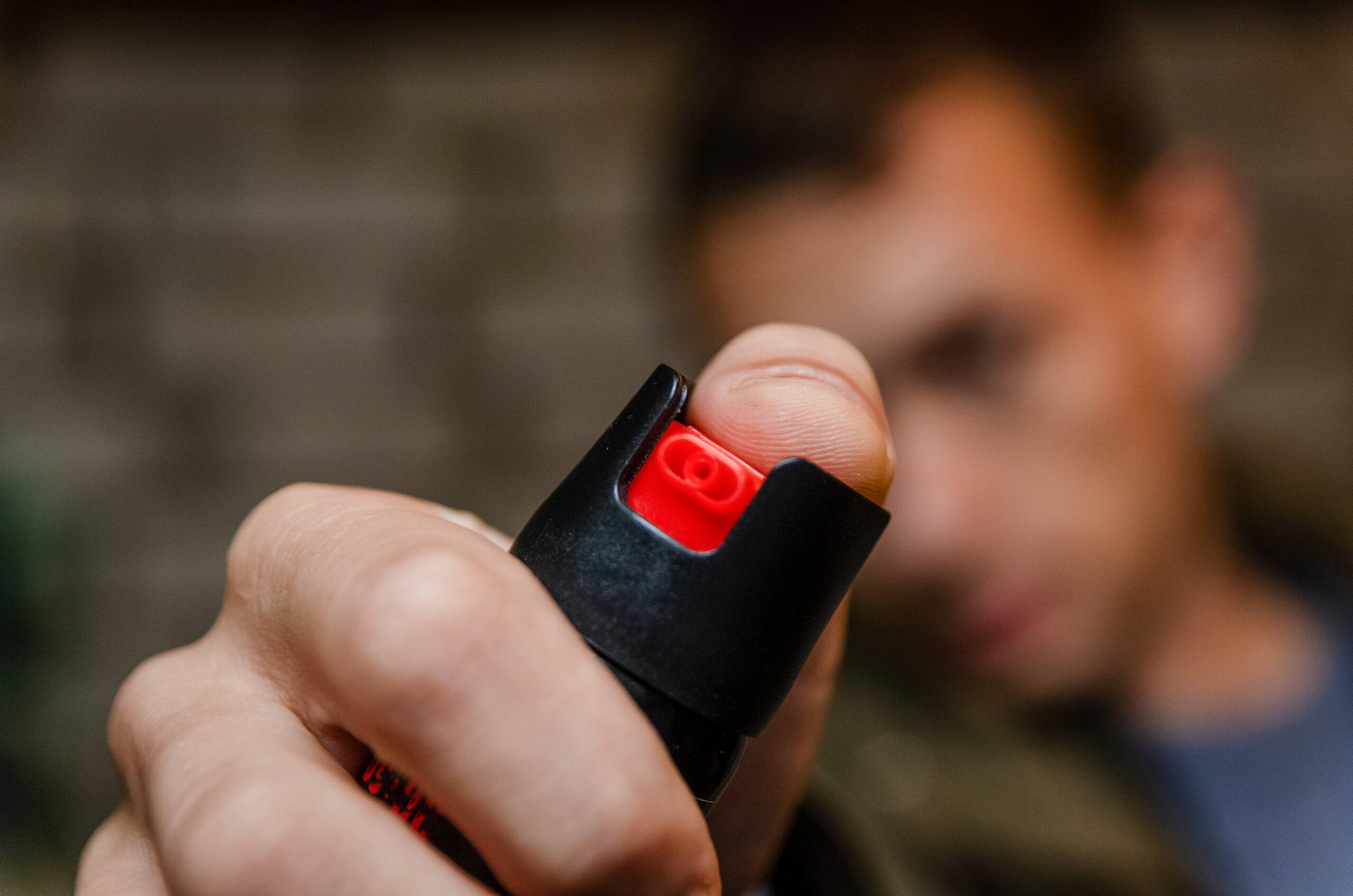Understanding Bail Denials
Bail is a fundamental aspect of the legal system designed to ensure individuals can await trial outside of jail. However, being granted bail is not an absolute right, and there are instances where this privilege may be denied to some individuals.
Nature of the Offence
One primary factor influencing bail decisions is the nature of the alleged offence. More serious crimes, such as violent offences or those involving significant harm to others, are more likely to result in a denial of bail. Courts carefully consider the potential threat a defendant poses to the community, and the severity of the charges when determining whether to grant bail.
Flight Risk
Courts assess whether a defendant poses a flight risk when deciding on bail. If substantial evidence suggests that the accused may attempt to evade trial by fleeing, a judge may opt to deny bail. Factors that contribute to being perceived as a flight risk include a lack of ties to the community, a history of evading law enforcement, or access to resources that could facilitate escape.
Prior Criminal Record
A defendant’s criminal history plays a significant role in the bail determination as well. Individuals with a history of prior offences, particularly those related to violence or other serious crimes, may face increased scrutiny when seeking bail. A repeat offender may be seen as a more significant threat to public safety, which may lead to a denial of bail from the court to potentially prevent any further criminal activity from the individual.
Risk of Witness Intimidation
In cases where witness intimidation is a concern, judges may choose to deny bail to prevent interference with the legal process, which often occurs in cases involving organized crime, where defendants may have the means and motive to intimidate witnesses. By keeping the accused behind bars, the court aims to protect the integrity of the legal proceedings and ensure witnesses can testify without fear of reprisal.
Failure to Appear in Court
A history of failing to appear in court is a red flag regarding bail decisions. If a defendant has a track record of not showing up for scheduled court appearances, it diminishes the court’s confidence that they will comply with the conditions of their release. In such cases, judges may opt to deny bail to prevent further legal disruptions.
Public Safety Concerns
The court’s paramount concern is the safety of the community. If releasing a defendant on bail is deemed a potential threat to public safety, a judge may deny bail to protect the well-being of society. This consideration is particularly relevant in cases where the alleged offence involves a risk of harm to others, or if there is evidence suggesting that the defendant poses a danger to the community.
Drug and Alcohol Dependency
Substance abuse issues can also impact bail decisions. If a defendant’s alleged offence is connected to drug or alcohol abuse, or if the individual has a history of substance dependency, the court may be more inclined to deny bail. This decision is often motivated by concerns about the defendant’s ability to maintain sobriety while awaiting trial.
Can The Court Change Bail Orders?
Courts have the authority to adjust or raise bail under certain circumstances. Various factors typically influence the decision to raise bail, and it’s essential to understand the reasons behind such adjustments.
Changed Circumstances
If new evidence emerges or there is a significant change in the circumstances of the case, the court may revisit the bail amount. For example, if additional charges are filed or the prosecution presents compelling evidence not initially considered, the court might raise the bail amount.
Violation of Bail Conditions
A defendant released on bail may fail to comply with the conditions set by the court, such as attending court hearings, staying within specified geographic boundaries, or refraining from contacting specific individuals. In that case, the court may raise the bail amount or revoke bail altogether to ensure compliance and protect the integrity of the legal process.
Flight Risk Concerns
If the court becomes aware of new information that increases concerns about a defendant being a flight risk, they may raise the bail amount to mitigate the risk of the individual not appearing for future court proceedings.
New Criminal Activity and Public Safety Concerns
The court may raise the bail amount if heightened concerns about public safety are related to the defendant’s release. If a defendant is arrested for new criminal activity while out on bail, the court may decide to raise the bail amount. The idea addresses the increased risk of someone allegedly committing additional offenses while awaiting trial.
Reconsideration of Initial Assessment
Upon reviewing the initial bail assessment, courts may determine that the original amount set was insufficient to ensure the defendant’s appearance in court or to address other concerns. In such cases, the court might decide to raise the bail amount to better align with the perceived risks and circumstances of the case.
Know Your Rights When Under Arrest
While bail is a crucial aspect of the justice system, it is not an automatic entitlement. Understanding bail is essential for anyone navigating the legal system. Legal professionals play a crucial role in navigating these processes and advocating for their client’s interests within the bounds of the law.
Ultimately, a thorough understanding of the legal nuances surrounding bail decisions is vital to navigating the complexities of the criminal justice system. It is crucial to consult with legal professionals when facing the possibility of bail denial.
A skilled attorney can advocate for their client, presenting compelling arguments to the court and addressing concerns that may lead to a denial of bail. Call AR Law at 416-960-0781 to schedule a free consultation today.
 647-503-5251
647-503-5251






